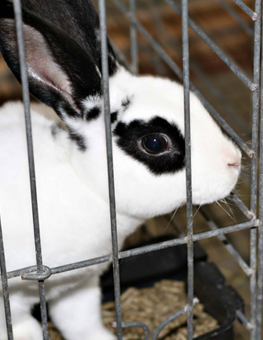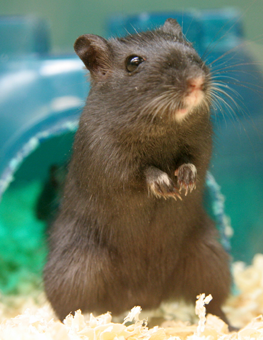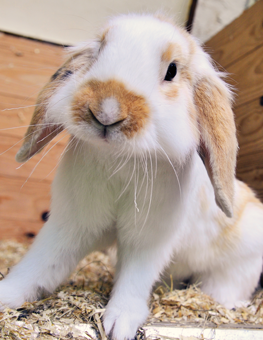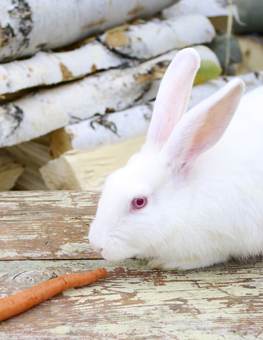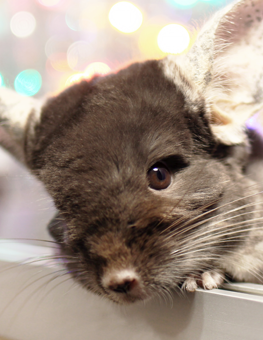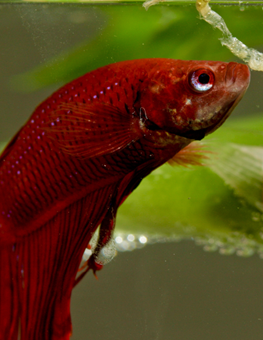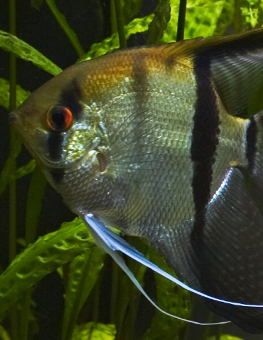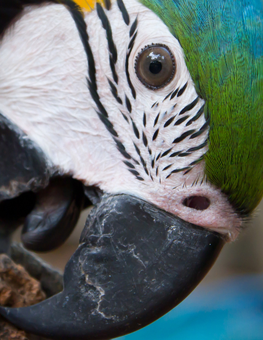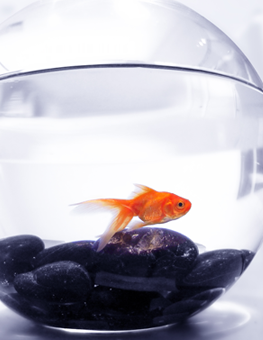Knowing What to Feed Your Pet Rats and Mice
Understanding the nutritional needs of your pet rats and mice is essential. Here is a short guide for their daily feeding.
Mice and rats are known for their propensity to nibble on any piece of nourishment they may encounter, picking at crumbs on the floor and food in the cabinet. Despite this, you cannot simply feed your pet rats and mice whatever you happen to have lying around. Like any other pets, mice and rat diets are very specific and they require certain nutrients. Even between the two species, though they are very similar, there are different needs. It’s important to know how and what to feed your small pets to ensure a healthy and happy life. Here are some of the specifics:
Mice
- Base Food: A good place to start for your mouse is a commercial rodent food. These are available in most pet stores and can come in block, pellet, or seed mix form. It’s probably wise to stay away from the seed mix, as your mouse may pick and choose what to eat from it, resulting in a diet imbalance. The pellet and block foods work well.
- Nutritional Benchmarks: When choosing a commercial food for your mice, you should pay attention to certain nutritional facts. In their food, mice need a minimum level of fiber (18%) and protein (16%) to stay healthy. Additionally, fat content should be limited to a maximum of 4%. Paying attention to these levels will help your mice stay fit.
- Supplements and Snacks: In addition to their commercial food, your pets will enjoy a daily treat. Fresh fruit and vegetables are a perfect solution. Some good ideas are peas, cauliflower, carrots, broccoli, apples, or bananas. Be careful, though, these treats should be very small, to ward off overeating. You should also avoid giving your small pet cabbage, chocolate, corn, peanuts, beans, or onions, as these can be harmful.
Rats
- Base Food: Like mice, rats do well when given a commercial rodent food as the foundation of their diet. Similarly, they should avoid loose food mixes. The best form for a rat is block food, as it provides good chewing exercise and can be available all the time, which is recommended. When examining foods to buy, look for blocks with soy meal as the main component; these blocks are better for your small pet.
- Nutritional Benchmarks: Though mice and rat diets are very similar, rats need a slightly different mix. Specifically, they need more fiber and less fat. Try to make sure your rat’s food is easily above the 18% fiber a mouse would need and distinctly lower than the 4% fat a mouse would be limited to.






